
Latin America Private Equity 2024
Supported by the Association of Corporate Counsel

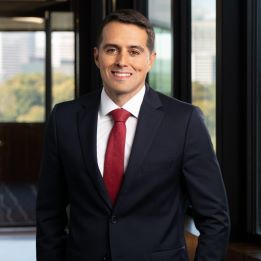

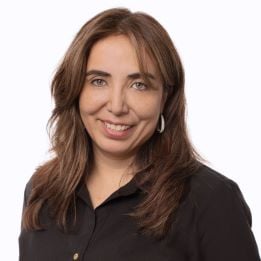


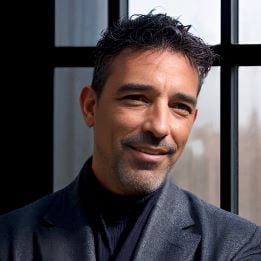
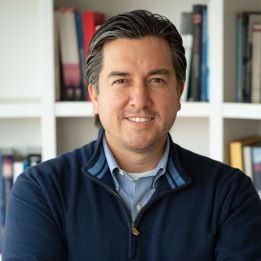
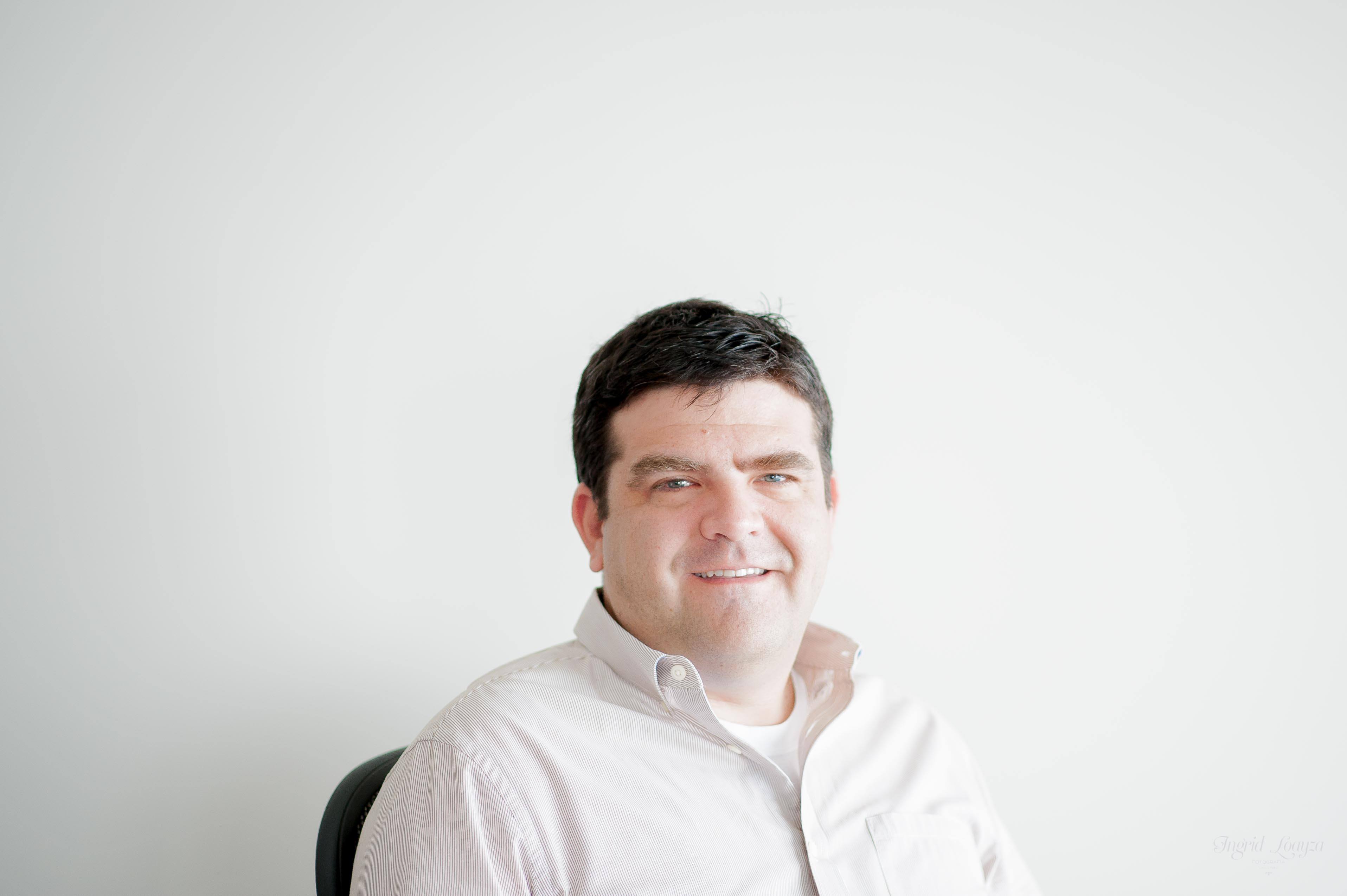


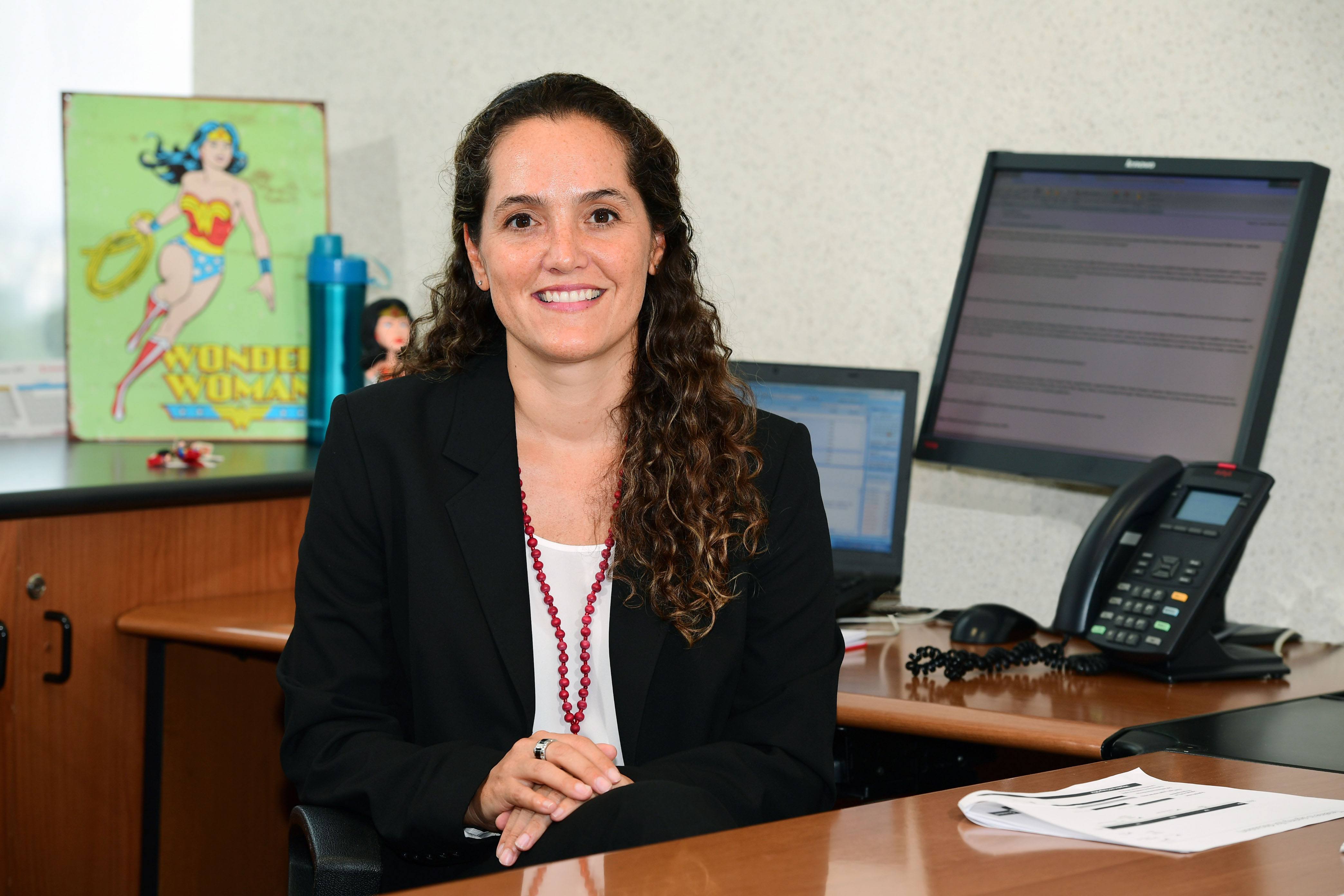
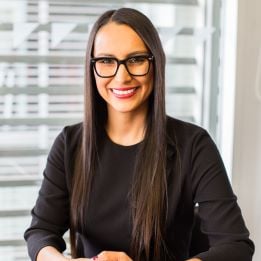
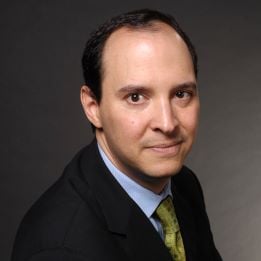




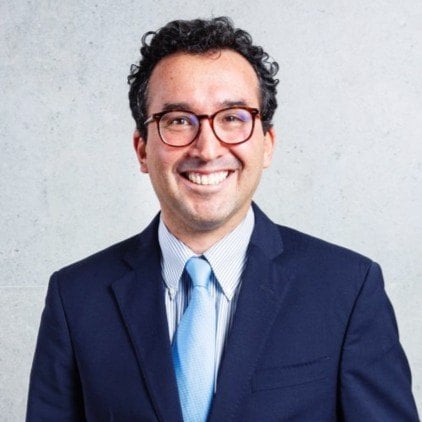



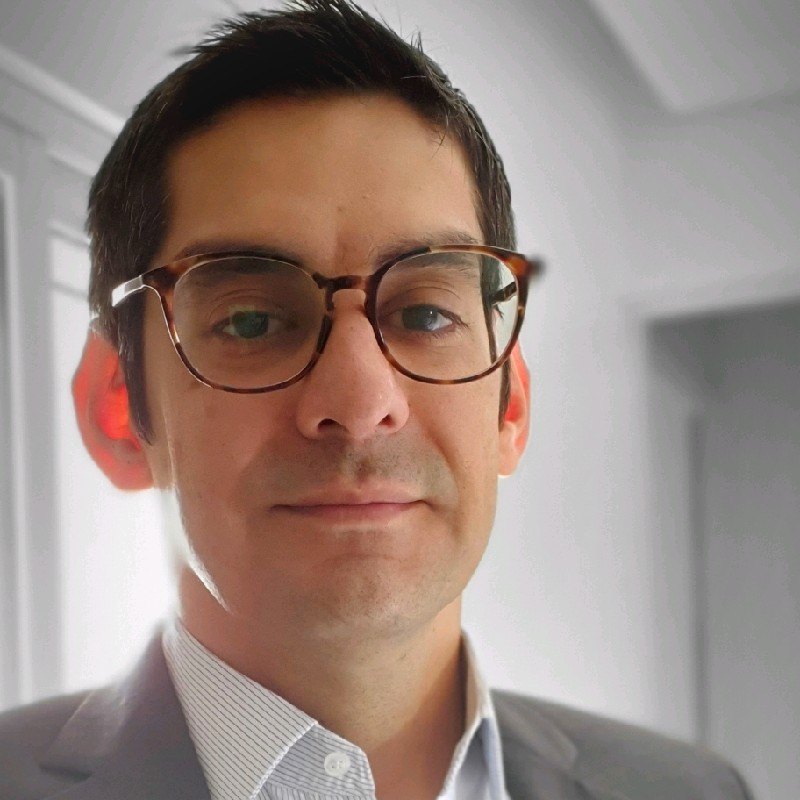
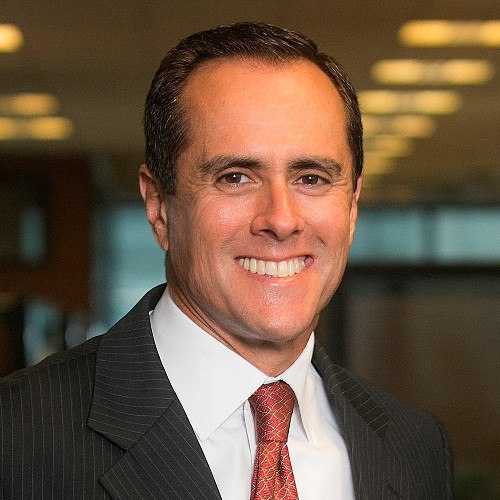


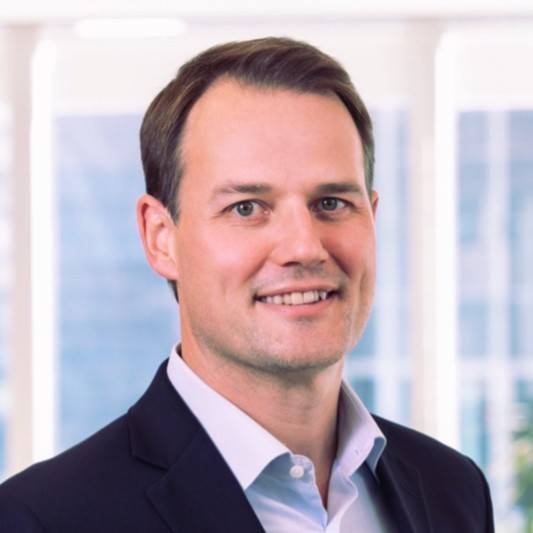
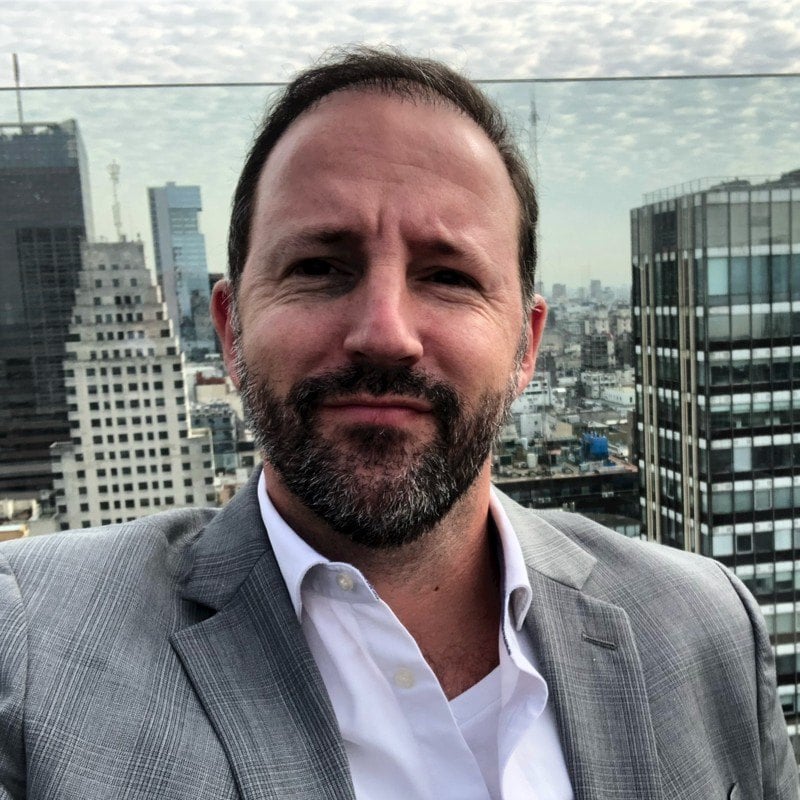


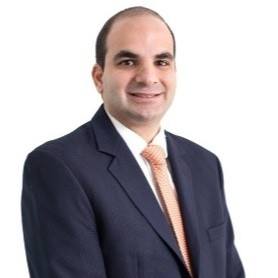


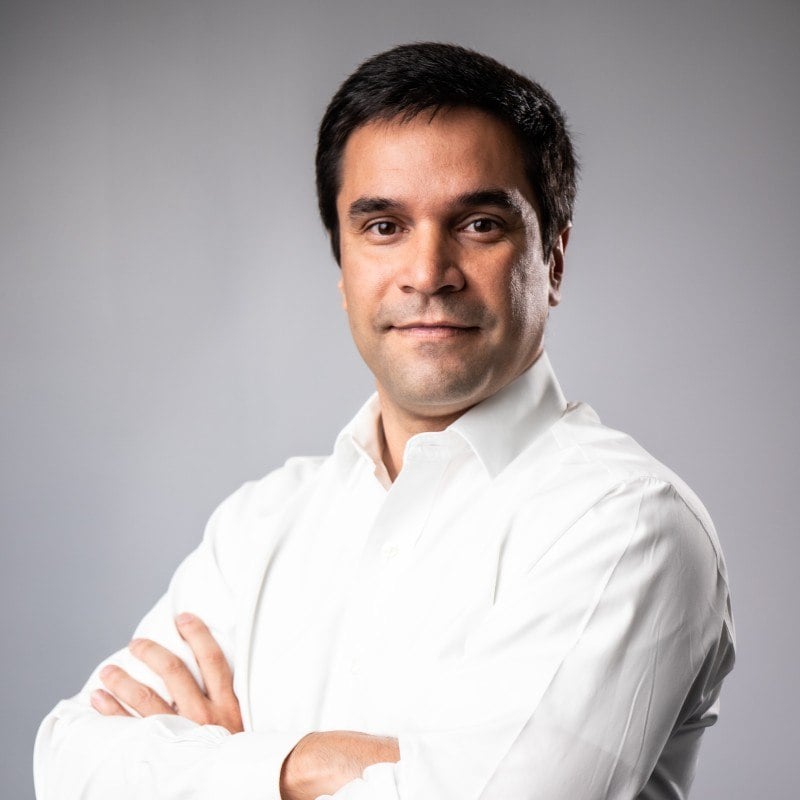
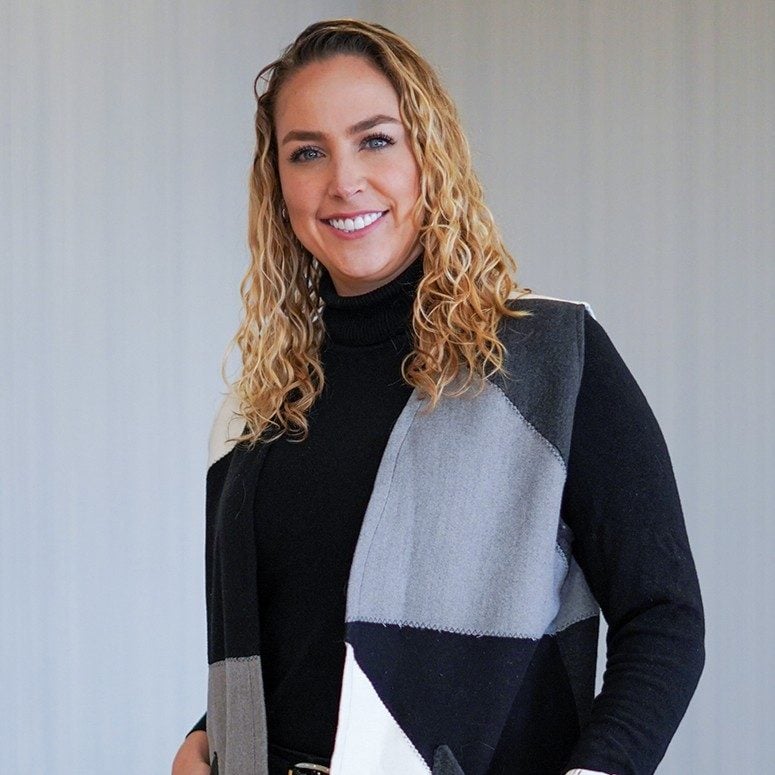
General legal counsel and corporate secretary, BBVA Valores | BBVA

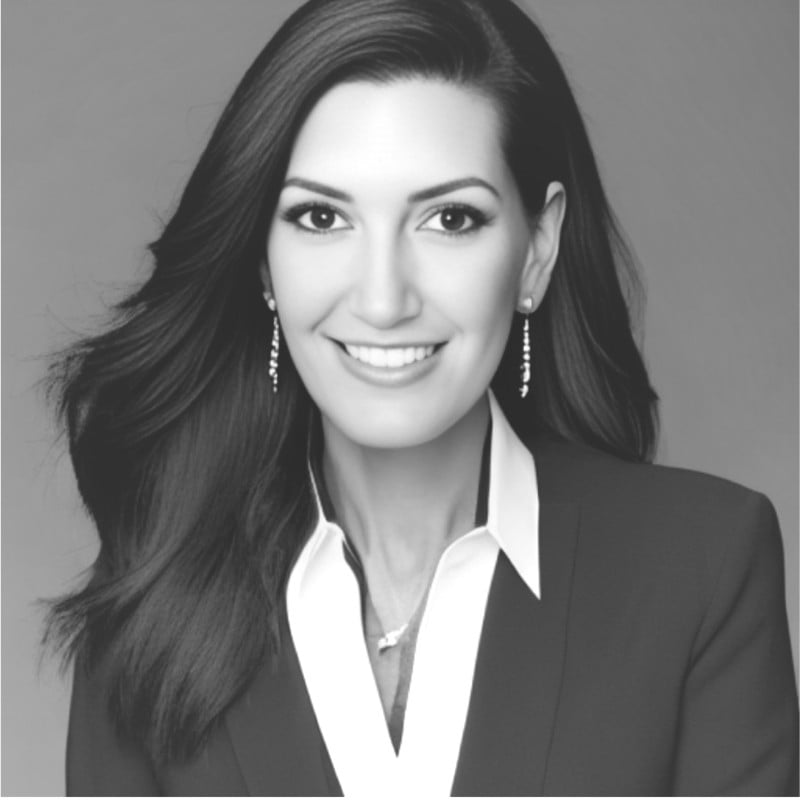
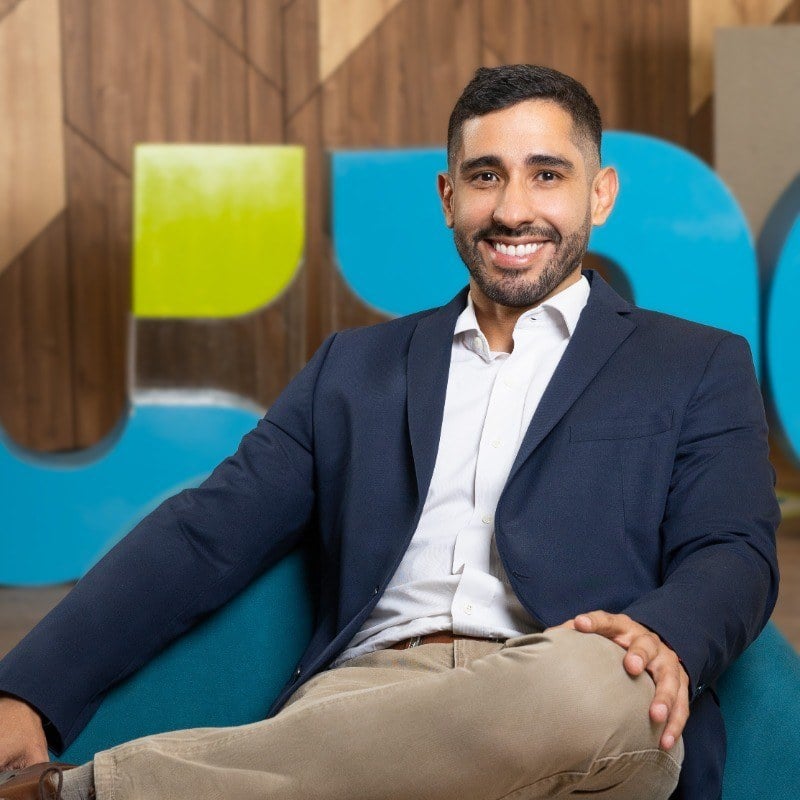


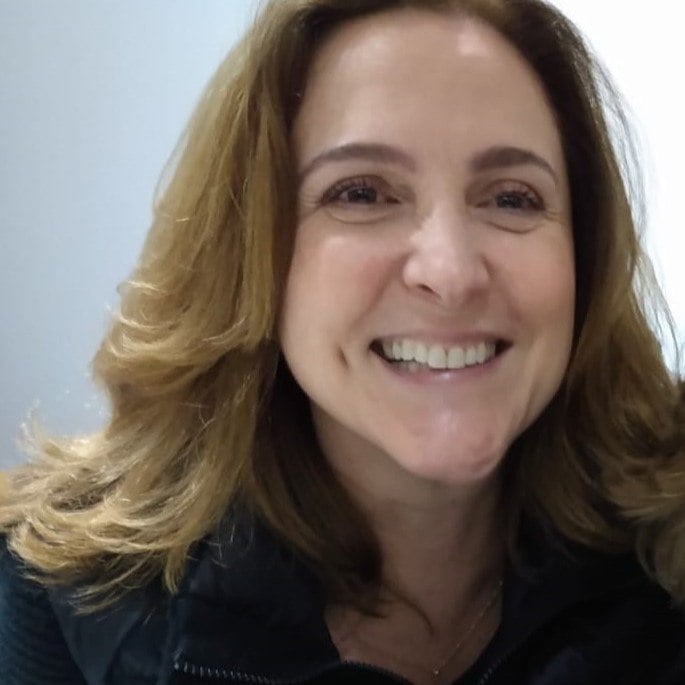


General counsel and chief compliance officer | Canvas Capital Brasil
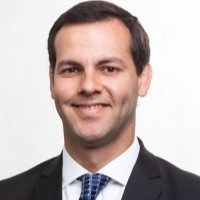


As the GC Powerlist series expands, our aim is to create editions that spotlight individuals excelling in realms that may have previously eluded our attention. As investors increasingly turn to Private Equity for higher returns and strategic investments, specialised firms equipped with deep industry knowledge and transactional expertise are becoming indispensable. These companies facilitate complex deal structures, conduct meticulous due diligence, and navigate regulatory landscapes with expertise.
Targeting areas for expansion within the GC Powerlist series depends on various factors such as emerging trends, industry developments, and the evolving needs of the legal community. Latin America was seen has the perfect setting given the continuous growth and demand for organisations specialised in Private Equity, as well as the great quality and talent of individuals based in the region.
Accordingly, we are proud to introduce you to this very special edition of the GC Powerlist: Latin America Private Equity 2024.
The interviews you can exclusively read in this publication were enlightening and provided fresh perspectives not only on how investment firms are utilising their legal experts to increase their gains, but also how difficult and unique of an environment the Latin American region is. “Latin American market’s economic stability and political dynamics vary widely, adding layers of complexity to legal strategies”, as recognised by Diego Corp Hoces de la Guardia, general counsel at Verano Energy, who also advises that “[r]emaining vigilant to navigate intricate regulations and ensure strict compliance is an ongoing commitment. The ever-changing political and economic dynamics necessitate a proactive stance to anticipate and mitigate potential risks. Constructing legal strategies that adeptly account for these uncertainties while still aligning with business goals is a constant juggling act.”
Another great look at the Latin American scene when dealing in Private Equity is the perspective shared by Alfredo Apestegui, principal and chief legal officer at Mesoamerica, who states that “[d]oing Private Equity deals in Latin America has taught me several important lessons (…) there is no such thing as a “LATAM deal”, as every country is very different in terms of legal, political and macro environment, so having the right local partners and advisors is key”, a view that clearly manifests the great challenges that in-house lawyers face in this quite specialised sector of the legal industry.
Despite challenges and difficulties, our interviews also reveal the great and many favourable outcomes that are result of these brilliant lawyers’ hard work. As Julian Graciano, legal vice president at Yellowstone Capital Partners notably expresses: “[s]eeing the positive impact of our investments in the environment and the lives of so many people and communities while meeting the expectations of our investors is the most rewarding experience of working as an in-house lawyer”. This sentiment was inferred during the interviews conducted, as there seems to be a collective deep fulfilment to see how their legal expertise contributes to sustainable development, social progress and economic growth, while also aligning with generally accepted values and commitments.
The in-house lawyers deservedly featured in this special edition of the GC Powerlist strike the perfect balance between achieving financial objectives and fostering meaningful change, underscoring the profound impact legal experts can have in society. On behalf of The Legal 500, would like to introduce you to the most diligent and expert in-house lawyers in the field of Private Equity based in Latin America, and congratulate them for this terrific achievement.
Francisco Faria e Castro
Editorial lead
In-House Legal Research Team | GC Powerlist Series

DLA Piper in Latin America’s Team offers full-service business legal counsel to domestic and multinational companies with interests in and operations throughout the region. Our integrated approach to serving clients combines local knowledge with the resources of the DLA Piper global platform. With over 450 lawyers practicing throughout Argentina, Brazil, Chile, Colombia, Mexico, Peru, and Puerto Rico, in addition to our US-based cross-border attorneys, our teams frequently work with our professionals throughout the LatAm region, Iberian Peninsula, and around the globe.
A number of our lawyers were born or raised and educated in the region and are fluent in Spanish and/or Portuguese. Many have also practiced law in both the US and Latin America and are intimately familiar with civil law systems and with the cultural and legal nuances required to successfully do business in the region. Our strategic relationships on the ground throughout Latin America enhance our understanding of the region and enable us to provide our clients practical, meaningful legal advice. DLA Piper’s global platform of 90+ offices in more than 40 countries enables us to serve all of our clients’ legal needs, whether they are based in Latin America or wish to do business there.
The United States, specifically New York and Florida, has deep economic and cultural ties to Latin America. After many decades of being at the center of the most complex cross-border matters related to Latin America, New York law is firmly established as the most widely accepted applicable/governing law on cross-border transactions related to Latin America.
Our US based team of Latin America practitioners regularly acts as lead counsel on a wide range of cross-border matters in Latin America, ranging from complex capital markets, finance and M&A matters to public private partnerships and market entry and establishment issues. For more information, visit Latin America | DLA Piper.
It has been a pleasure for Legal 500 to present the 2026 edition of the GC Powerlist: Germany in Frankfurt, celebrating the outstanding in-house professionals shaping this jurisdiction’s corporate legal landscape. The evening reception took place in the Restaurant Opéra, a beautiful location at the heart of country’s legal and financial hub.
This year’s reception welcomed the stemmed senior in-house counsel community in Germany, celebrating the blend of strategic authority, operational precision, technological adoption, and principled leadership that defines Germany’s in-house legal community today.
Carmen Godoy, lead editor of this third edition of the GC Powerlist: Germany 2026, welcomed everyone in the room. It was wonderful to see some familiar faces from previous editions and a pleasure to welcome those featuring in the GC Powerlist for the first time.
Following Godoy’s introduction, Mr Florian Weisner, managing partner at FPS Rechtsanwaltsgesellschaft, our hosts of the evening, addressed the audience with valuable remarks highlighting the value of the professional and personal exchange in the legal sector in Germany. He was followed on the stage by Dr Dierk Schindler, vice president of legal innovation and head of legal services global purchasing and logistics at Robert Bosch. Our keynote speaker of the evening focused on highlighting one of the hot topics of the in-house legal sphere worldwide: legal developments surrounding AI.
In her remarks, Godoy unveiled the findings of this year’s research into Germany’s in-house legal market. From ensuring legal is decisively embedded in strategy, to integrating AI in the legal teams’ daily practice and operating under geopolitical and regulatory pressure. Germany’s general counsel are leading with transparency, accountability, and a clear sense of responsibility.
The GCs, CLOs, heads of legal and other senior in-house counsel in the room had many achievements to celebrate.
On behalf of the entire Legal 500 team, we extend our warmest congratulations to everyone included in this 2026 edition of the GC Powerlist: Germany.
We would also like to take this opportunity to express our sincere gratitude FPS Rechtsanwaltsgesellschaft for joining us in recognising the exceptional talent driving progress across Germany’s in-house legal profession.